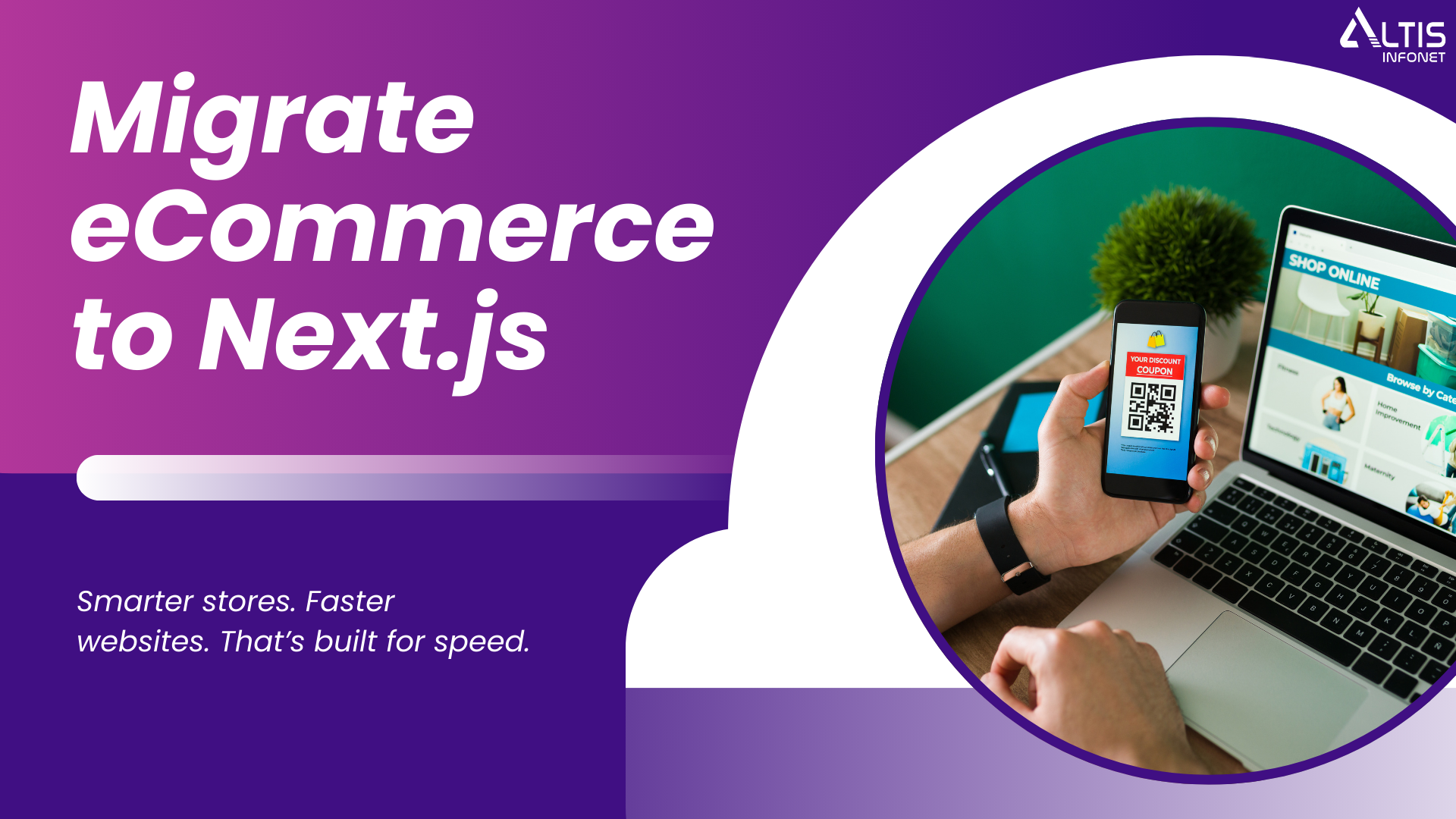The world of e-commerce offers immense opportunities for businesses to reach a global audience and drive sales. However, succeeding in the competitive e-commerce landscape requires the right tools and strategies. In this article, we will explore essential tools and strategies that can make e-commerce easier and more successful.
E-commerce Platforms
Choosing the right e-commerce platform is crucial for building and managing your online store. Popular e-commerce platforms like Shopify, WooCommerce, and BigCommerce offer user-friendly interfaces, customizable designs, and robust features for inventory management, payment processing, and order fulfilment. Assess your business needs and select a platform that aligns with your goals and budget.
Mobile-Friendly Design
Mobile-friendly websites are essential for online shopping on mobile devices. Responsive design ensures that your e-commerce store adapts seamlessly to different screen sizes, providing an optimal browsing and purchasing experience for mobile users. Mobile-friendly design improves customer satisfaction, boosts conversion rates, and enhances your search engine rankings.
Secure Payment Gateways
Securing customer transactions is paramount in e-commerce. Integrating secure payment gateways, such as PayPal or Razorpay. The net ensures that customers’ financial information is protected. These gateways offer encryption, fraud detection, and dispute resolution services, instilling trust and confidence in your customers and reducing the risk of fraudulent activities.
Effective Product Descriptions
Compelling product descriptions are essential for e-commerce success. Communicate the features, benefits, and unique selling points of your products. Use persuasive language, highlight key features, and include high-quality product images. Optimized product descriptions not only inform customers but also improve search engine visibility, driving organic traffic to your store.
Search Engine Optimization (SEO)
Implementing effective SEO strategies increases your visibility in search engine results and drives organic traffic. Conduct keyword research to identify relevant keywords and incorporate them into your website content, product titles, and Meta tags. Create informative and engaging content that appeals to both search engines and users. Optimizing your website for SEO helps potential customers find your products and improves your overall online presence.
Social Media Marketing
Social media platforms provide excellent opportunities to promote your e-commerce store and engage with your target audience. Identify the social media channels most relevant to your business and create a strong presence. Share visually appealing content, run targeted ad campaigns, and leverage influencer marketing to increase brand awareness, drive traffic to your store, and generate sales.
Customer Reviews and Testimonials
To establish trust and credibility, customer reviews and testimonials are paramount. Urge your customers to leave their valuable feedback on both your website and third-party review platforms. Positive reviews influence purchase decisions by providing social proof. Respond to customer feedback promptly, addressing any concerns or issues, and showcasing your commitment to customer satisfaction.
Email Marketing Campaigns
In the realm of e-commerce, email marketing continues to be a potent and effective tool. Build an email list of interested customers and leverage email marketing campaigns to nurture relationships, Promote new products, offer exclusive discounts, and encourage repeat purchases. Personalize your emails, segment your audience based on preferences and purchase history, and track email performance to optimize your campaigns.
Analytics and Data Tracking
Tracking and analyzing data is essential for measuring the success of your e-commerce strategies. Utilize analytics tools like Google Analytics to monitor website traffic, conversion rates, customer behaviour, and sales performance. Gain insights into what is working and what needs improvement, and make data-driven decisions to enhance your e-commerce store’s performance.
Continuous Optimization and Adaptation
E-commerce is a dynamic field, and it’s important to continuously optimize and adapt your strategies. Stay updated with industry trends, monitor your competition, and embrace new tools and technologies. Regularly assess your website’s performance, test different strategies, and make adjustments to improve user experience, conversion rates, and overall profitability.
In conclusion, by utilizing the right tools and implementing effective strategies, you can make e-commerce easier and more successful. From selecting the right e-commerce platform to optimizing your website for search engines, engaging customers through social media, and leveraging email marketing, these tools and strategies are essential for driving growth and achieving e-commerce success. Embrace innovation, monitor performance, and adapt to changing market dynamics to stay ahead in the competitive e-commerce landscape.





